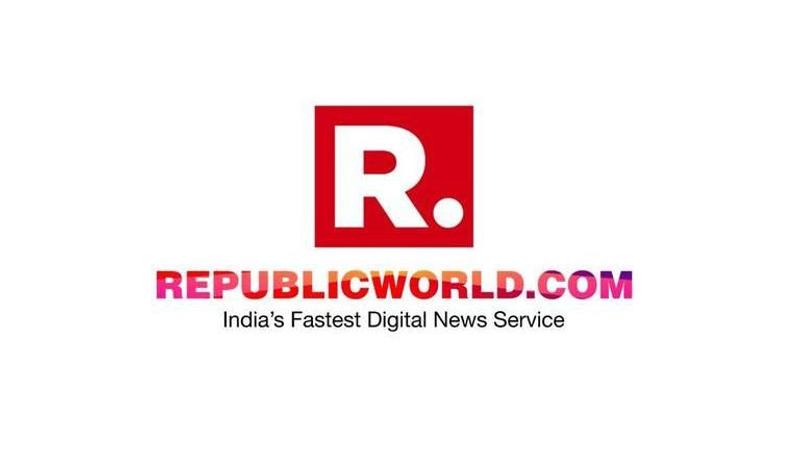Published 12:24 IST, November 1st 2019
Iran blames US & Western allies of "causing riots" in Iraq, Lebanon
Iran's Supreme Leader Ayatollah Ali Khamenei has pinned the blame on the US and the West for propagating the protests in Iraq and Lebanon against their govts.

Iran's Supreme Leader Ayatollah Ali Khamenei has pinned the blame on the US and the West for propagating the protests in Iraq and Lebanon against the establishment. As a wave of protests has overwhelmed the Middle Eastern countries, Khamenei accused the US and its allies including Saudi Arabia and Israel of causing unrest in the region.
He said, "The worst damage the enemies can cause to any country is to deny its security. You see – this is what the enemies started doing in some countries in our region. They are implementing this. They are denying security from the people of certain countries. The perpetrators of these acts of evil are known to all. In the world, the forces of arrogance – and most of all America and the Western intelligence services – are causing riots, with the financial support of some reactionary countries among our neighboring countries, countries close to us, and the countries of the region."
"They are destroying the security. This is the worst enmity and the most dangerous grudge held against any nation. I am using this opportunity to say to the people who care in those countries – countries that face problems like Iraq and Lebanon – that their number one priority is to deal with the lack of security," Iran's Supreme Leader said.
Protests in Iran and Lebanon pose challenge to Iran
The protests in Iraq and Lebanon are fueled by local grievances and essentially directed at political elites, but has also posed a challenge to Iran, that has closely backed the establishments of both the countries and has an armed militia in both the countries. An increasingly violent crackdown in Iraq and an attack by Hezbollah supporters on the main protest camp in Beirut have raised fears of a backlash by Iran and its allies. However, the protests threaten Iran's regional influence at the time with Tehran is subjugated under the economic sanctions of the US.
Lebanese protesters have only rarely called out Iran and its main local ally, the militant Hezbollah group, but they have focused much of their rage on Lebanon’s president and foreign minister, who come from a Christian party closely allied with Hezbollah. Last week, fistfights broke out at the main rally when protesters chanted against Hezbollah leader Hassan Nasrallah, who announced at around the same time that he was withdrawing his supporters from the protests. He said unspecified foreign powers were exploiting the protests to undermine his group, warning that such actions could plunge the country back into civil war.
However, as vehement protests have taken the stage in Iraq since October 25, a new wave of anti-Iran sentiment was seen in the Middle Eastern country. In a rare statement, Khamenei expressing his opposition to the uprisings said, "The people have justifiable demands, but they should know their demands can only be fulfilled within the legal structure and framework of their country." As protests revive in various parts of the Middle East, the revival of a second wave of the Arab Spring theorised by experts, after the uprisings were catalysed by the similar values as the ones in 2011.
(With AP inputs)
Updated 12:38 IST, November 1st 2019




